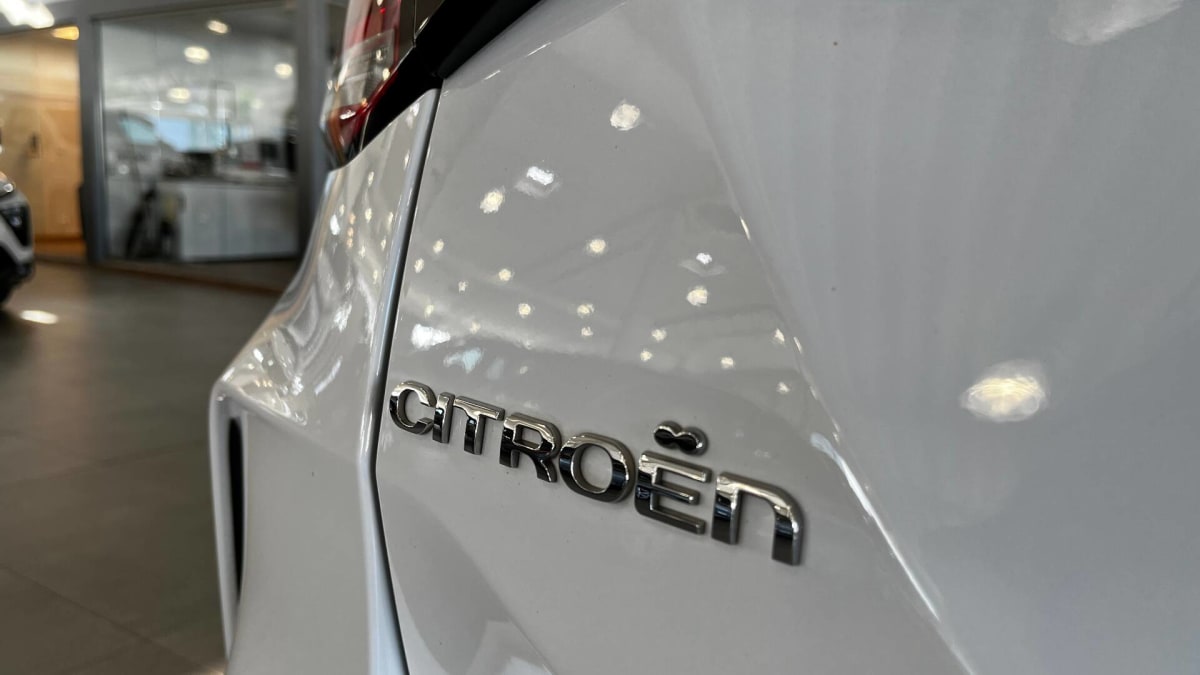
Electric vehicle makers have been busy introducing new models with distinctive features and offers to compete against the industry titan Tesla (TSLA).
Some of the most enticing offers coming from EV makers in recent months have been price reductions on their vehicles to attract buyers away from Tesla. These price reductions, in some cases, might be necessary to make automakers more competitive if their models don't qualify for the $7,500 federal tax credit.
Forget Tesla – We’re all-in on this EV stock
Shanghai-based Nio on June 12 said that it would reduce the price on all of its models by $4,200. Nio's models don't qualify for the tax credit.
South Korean automaker Hyundai on June 14 began offering a $5,000 rebate on its Ioniq 6 SE and SEL models. The rebate lowers the Ioniq 6 SE price to $37,715, compared to Tesla Model 3, priced at $41,630, Inside EVs said. The Ioniq 6 models also don't qualify for the tax credit.

Shutterstock
Tesla Increases EV Discounts
Tesla even joined the party as it reportedly just increased discounts on new Model S and Model X vehicles in existing inventory by $2,500, from $5,000 to $7,500 for vehicles delivered by June 30. Tesla's Model 3 and Model Y vehicles, however, qualify for the tax credit, InsideEVs said. The cars are also eligible for three years of Supercharging.
Tesla, on the other hand, also on June 14 increased the cost of its Model Y AWD by $250, now starting at $47,740, not including destination and order fees, InsideEVs reported. Elon Musk’s company already raised the price of the Model Y Long Range and Performance by $250 a month earlier.
Another gimmick that has arrived in the market is Vietnamese EV company VinFast offering a $400 cash voucher or cash to customers if their vehicle breaks down. This voucher program is separate from the company’s warranty program.
Tesla is working hard to offer a low-priced EV, as its Model 3 RWD is priced at a $32,740 manufacturer's suggested retail price, which is pre-tax and after the $7,500 federal tax credit, according to its website.
BMW's (BMWYY) Mini Cooper SE Hardtop has a MSRP at $30,900 and Nissan's (NSANY) Leaf EV has a $28,040 MSRP, according to the companies' websites.
General Motors' (GM) 2023 Chevy Bolt is arguably the most affordable electric vehicle on the market with an MSRP beginning at $26,500. GM planned to increase production of the Bolt from about 44,000 in 2022 to 70,000 in 2023. But GM shocked the EV world in April when it said it would discontinue the Bolt at the end of the year.
GM CEO Mary Barra hinted that the company might bring back the Bolt down the road because of its popularity but did not commit on when this might happen.
Stellantis to Fill Void From Bolt Exit
As GM removes its low-priced EV from the market, Stellantis (STLA) is ready to fill that void by delivering a new Citroën e-C3 electric car in early 2024 that will be priced at about $27,000, Electrek reported. The e-C3 is expected to have a range of 186 miles on a charge.
While Stellantis could soon become the company with the lowest priced EV on the market, Volkswagen (VWAGY) has been making noise about rolling out several models priced at under $30,000, including a ID 1 model at around $20,000, and ID 2all at about $27,000. But the German automaker has not revealed a date for delivery yet.







